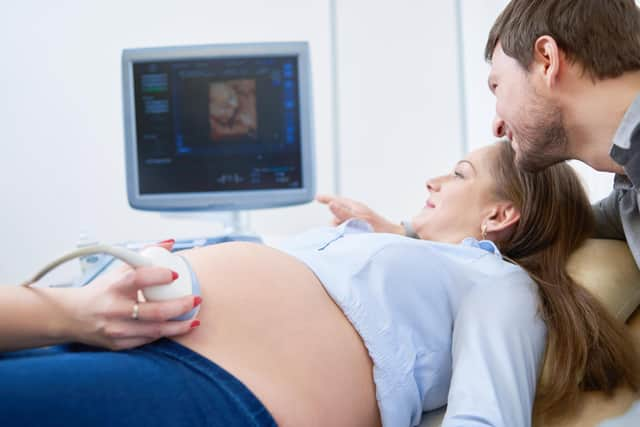Fertile grounds for court deliberations - Jamie Foulis


To be effective, the consent must be in writing and signed by the person giving it; it must be clear about what it is that being consented to; the person giving the consent must have been given a “suitable opportunity” to receive “proper counselling” about the implications of doing what they are consenting to and provided with “such relevant information as is proper”; and the consent must not have been withdrawn.
Consent forms can and usually will be provided by the clinic, but the legislation doesn’t say they have to be. Recently, the Court of Session considered what else would do for this purpose and, specifically, whether a deceased person’s Will could be deemed “effective consent”.
Advertisement
Hide AdAdvertisement
Hide AdThis case concerned the sperm of a man who had passed away following a serious illness. His sperm had been stored at a clinic in the early stages of his diagnosis. He completed various consent forms but, crucially, not one consenting to his sperm being used for IVF. It seems to have been deemed not appropriate for his circumstances at the time. After this, he met and married his wife and, following a recurrence of his illness, they began fertility treatment to try to start a family. They were referred back to the clinic where the sperm had been stored, but by the time it came to light that the ‘consent for IVF’ form had not been completed, it was too late.


However, the husband had completed a Will, which told his executors in a section headed “Human Fertilisation and Embryology” to “ensure that my donation of sperm will be, for as long as possible, available to” his wife. The Petition before the court asked that the wife be allowed to use her late husband’s stored sperm for IVF treatment. The critical question was whether the Will could be accepted as consent for that purpose. Ultimately, the court decided it could.
The opportunities which the deceased had had for counselling when he first attended the clinic were deemed good enough to meet the requirements of the legislation in this case, and the court was satisfied, given the discussions that the couple had had with their GP, a consultant and the clinic in the context of their trying to have a child despite the husband’s illness, that “such relevant information as [was] proper” had been provided. Considering the terms of the clause in the Will and the steps the couple had gone through, the court was satisfied that it was clearly envisaged that the sperm would be used for IVF and that the wide, unconditional and unqualified wording of the clause allowed for that. The court held that, by implication this had to include consent for the storage of any embryos created by the IVF treatment.
The decision in this case feels fair and just. It would seem harsh if a widow was not able to carry out what had been her and her husband’s shared wish to start a family together because the correct form had not been completed. The approach is consistent with how issues of this kind
have generally been approached in this area of law, with the courts trying to achieve the fair outcome as long as it is not inconsistent with the spirit and intention of the legislation.
However, it also emphasises two things. Firstly, if someone has stored gametes, cells or embryos, it is prudent for them to include clear instructions in their Will about what they want to happen with them after their death.
Secondly, it is advisable for anyone exploring an alternative route to parenthood to take legal advice. There are a number of requirements that require to be met for a couple to get the outcome they are looking for from one of these routes, and there is no guarantee the court will be able to help in every case.
Jamnie Foulis is a Partner, Balfour+Manson